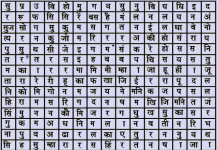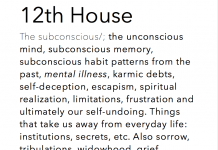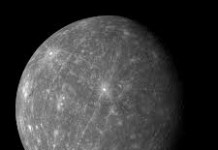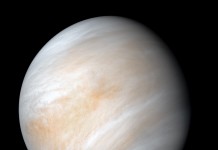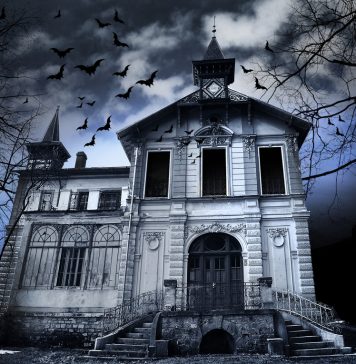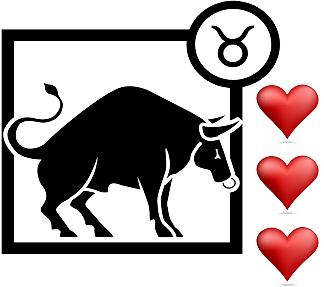Western astrology is the type of astrology used mostly in Western countries and is somewhat different from Chinese or Vedic astrology, both of which are practiced in Eastern and Asian countries. Western astrology, like Eastern astrology, is based on the horoscope. The horoscope is a star chart based on a persons location and moment of birth and shows the influence cosmic bodies will have on their life. In popular culture Western astrology is often just broken down into sun sign astrology which only takes into consideration when a person is born, however, the horoscope is much more in depth than that.
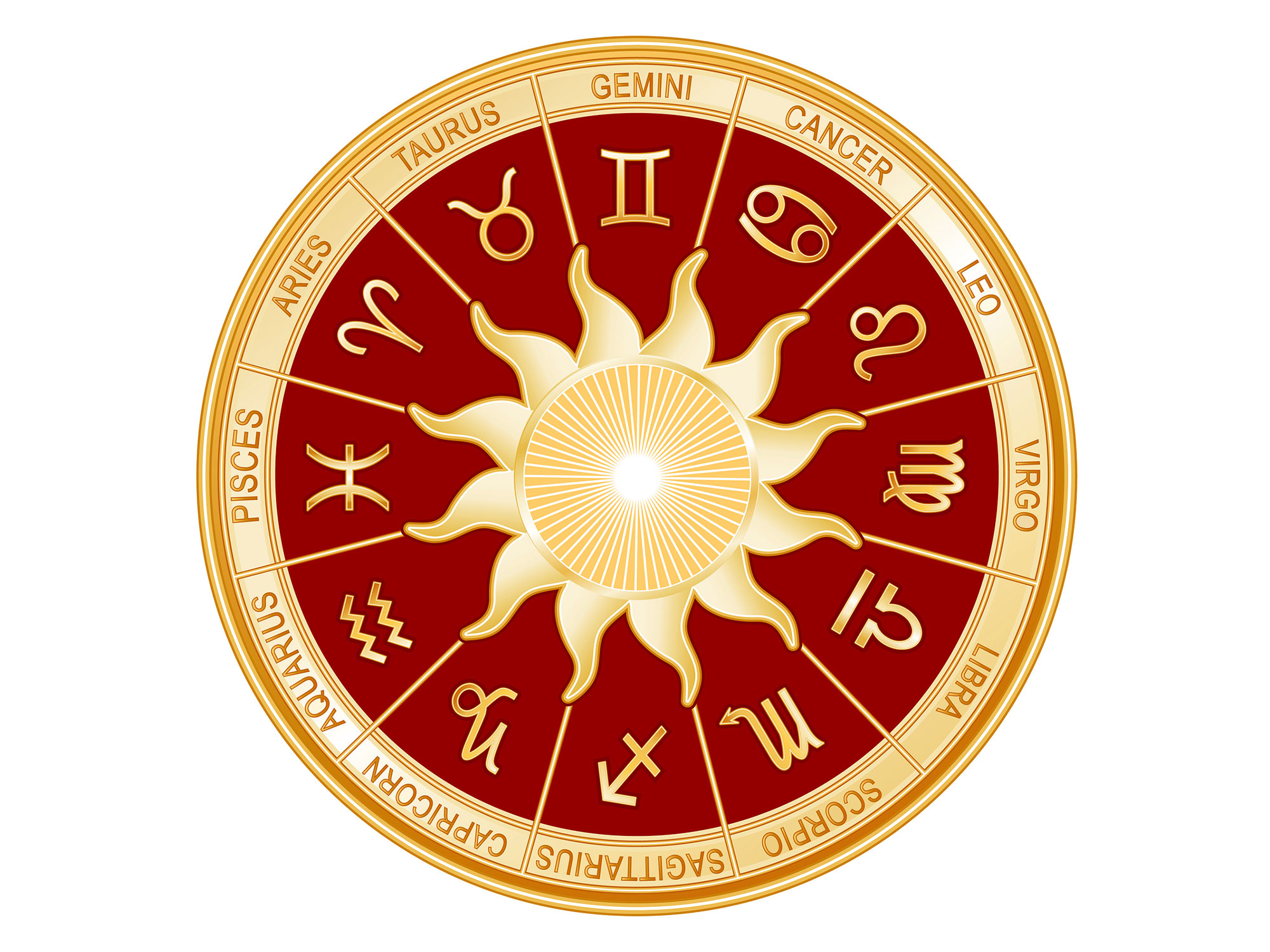
Western astrology is based on the idea that individual people, the Earth and the cosmos are all intertwined with one another. The cycles that happen in our skies affect who we are down here. It is the idea of “as above so below; as below so above”, the idea that as we are affected on Earth so are the heavens above us in the same sort of turmoil. It is based on Ptolemy’s Tetrabiblos which was based on Hellenistic and Babylonian traditions.
The Star Signs in the Western Astrological Belief System
The most important part of Western astrology and it’s horoscope is the zodiac. It is defined as a belt or band of constellations through which the astrological ‘planets’ move on their journey through the sky. The zodiac year officially begins in March around the Vernal Equinox with the sign Aries. In Western astrology the tilt of the Earth’s axis is taken into consideration so that the signs never change. This is different from Vedic astrology as Vedic astrology uses the signs as they would have been thousands of years ago.
The twelve signs are Aries, Taurus, Gemini, Cancer, Leo, Virgo, Libra, Scorpio, Sagittarius, Capricorn, Aquarius and Pisces. Each has an element either earth, water, air or fire, and a quality of either cardinal, fixed or mutable. Because the exact starting date of a sign varies from year to year, those born within five days of a sign changing are said to be born on the ‘cusp’. Those born on the cusp may show strong trends in personality that hold true to both of the signs they are born between.
How The Planets Affect Western Horoscopes
The astrological planets play an important part in western astrology. Historically there were only seven planets, including the sun and moon, but modern astrology has stretched this to include not just Uranus, Neptune, and Pluto but frequently also Ceres. The planets used in modern astrology are, the Sun, the Moon, Mercury, Venus, Mars, Jupiter, Saturn, Uranus, Neptune, and Pluto. Some astrologers will also work with Ceres when divining someone’s horoscope. The planets have four phases that they can be in that will affect someone’s horoscope. A planet may be in dignity, in detriment, in exaltation or in fall. A planet in dignity or detriment will have a major affect on someone’s horoscope, while a planet in exaltation will have only a mild influence. Planets in fall are considered to be unimportant as their influence is practically nothing.
In Western astrology you discover your horoscope by creating a map that looks at the position of the plants in your sign, then their position in their hoses. The primary angles of your horoscope and those angles in relationship to the planets, and finally the Lunar nodes. All of these are used in creating your horoscope so that an astrologer can attempt to divine important points in your life!

